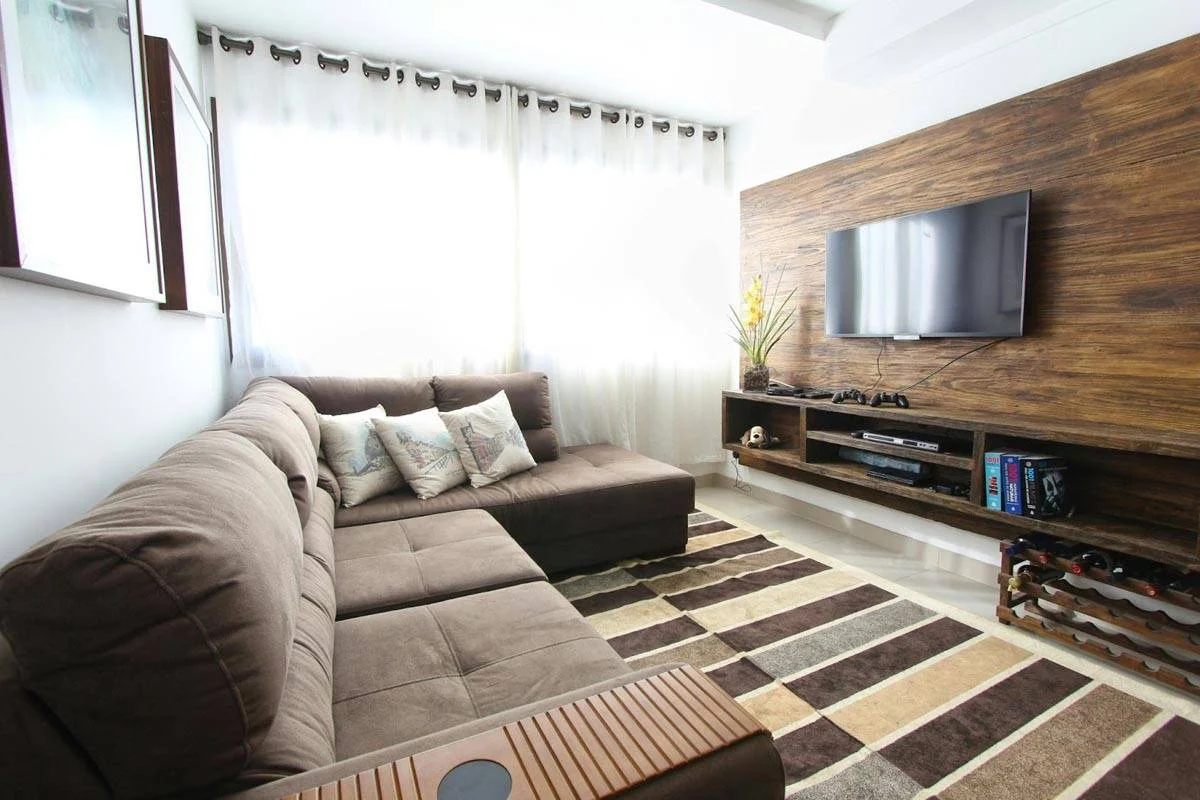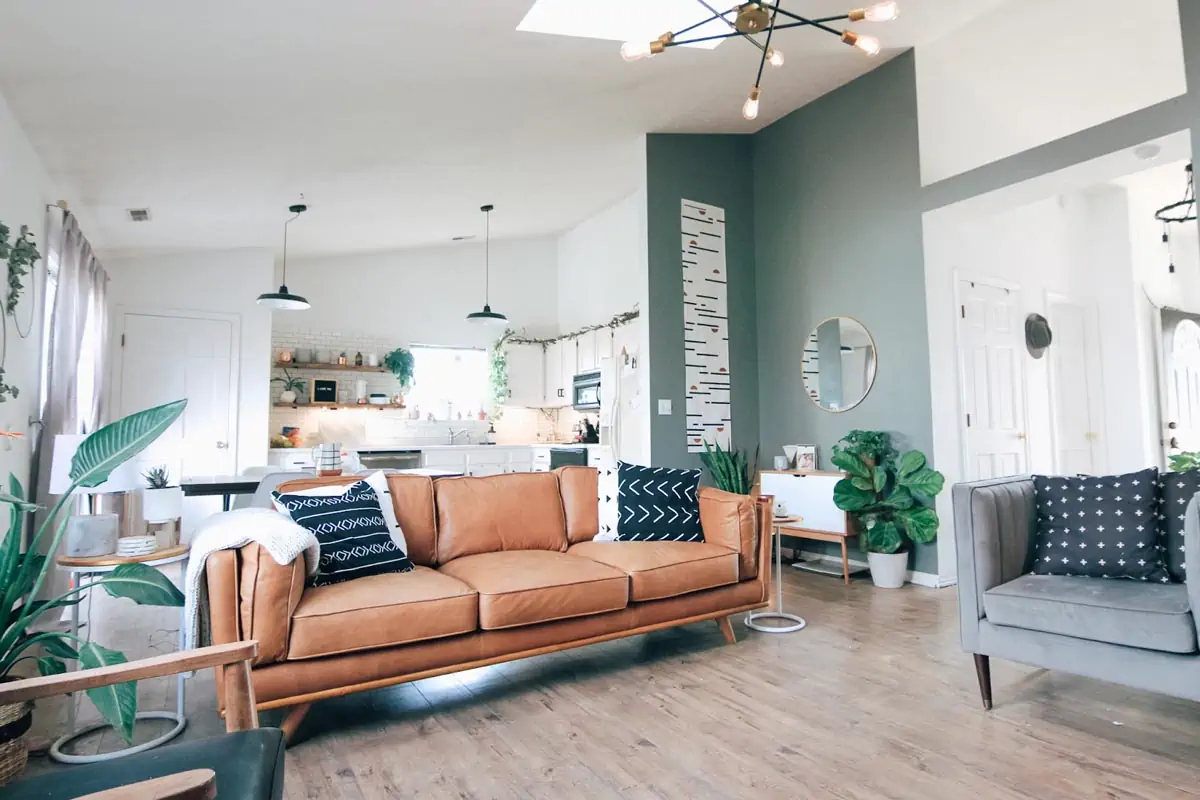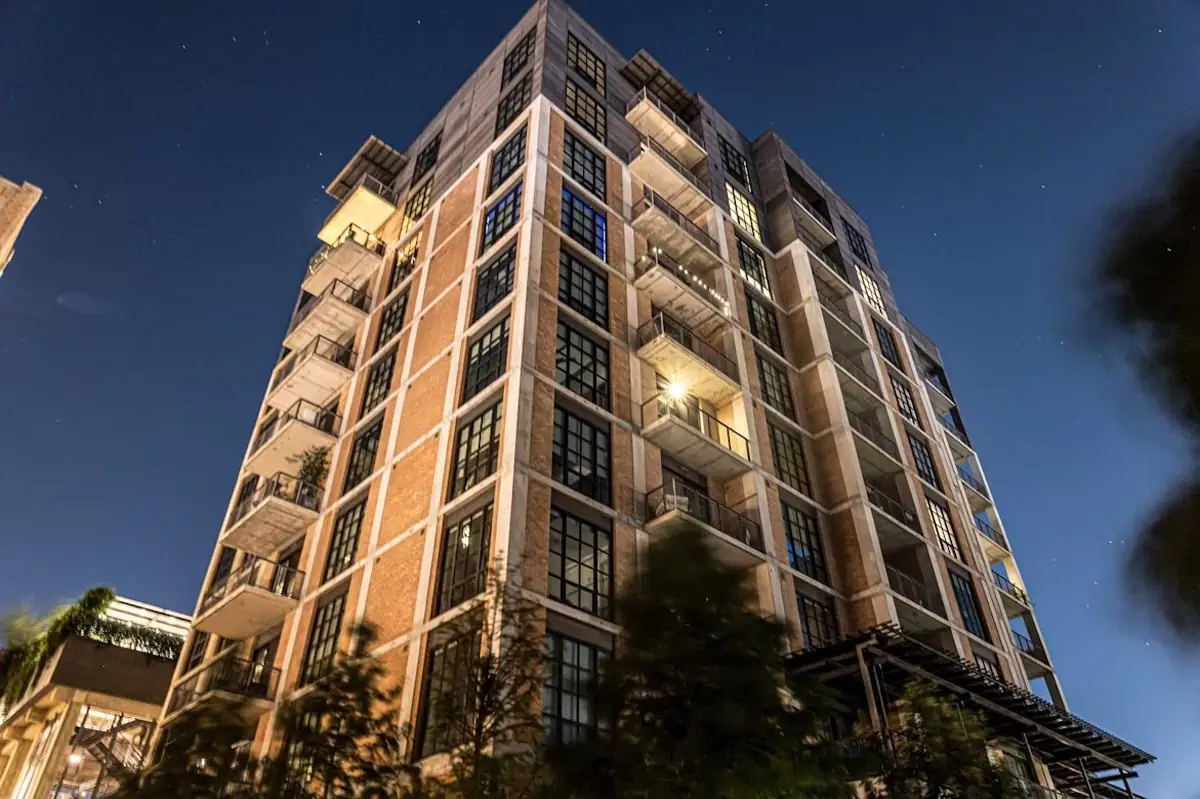 Photo courtesy of Pixabay via Pexels
Photo courtesy of Pixabay via Pexels
Aspiring homeowners face a lot of hurdles when it comes to buying property nowadays. From choosing the right condo to financing a long-term investment, you find yourself running into roadblocks that’ll deter you from a traditional home buying process in the real estate market today.
But did you know that there’s a better investment option for you that goes beyond the confines of traditional home buying? If you’re a home-seeker who’s looking for better buying options on the market, you should consider rent-to-own condos in the Philippines right now.
The lease-to-own process, while a bit confusing, is an excellent way to find and buy the perfect property for yourself. You’ll reap the benefits of being both a renter and an owner, and with the right property management professionals by your side, you’ll secure the condo of your dreams in as soon as a single year.
Curious to learn more about rent-to-own in the Philippines? Then check out the rest of this guide to discover everything you need to know right now.
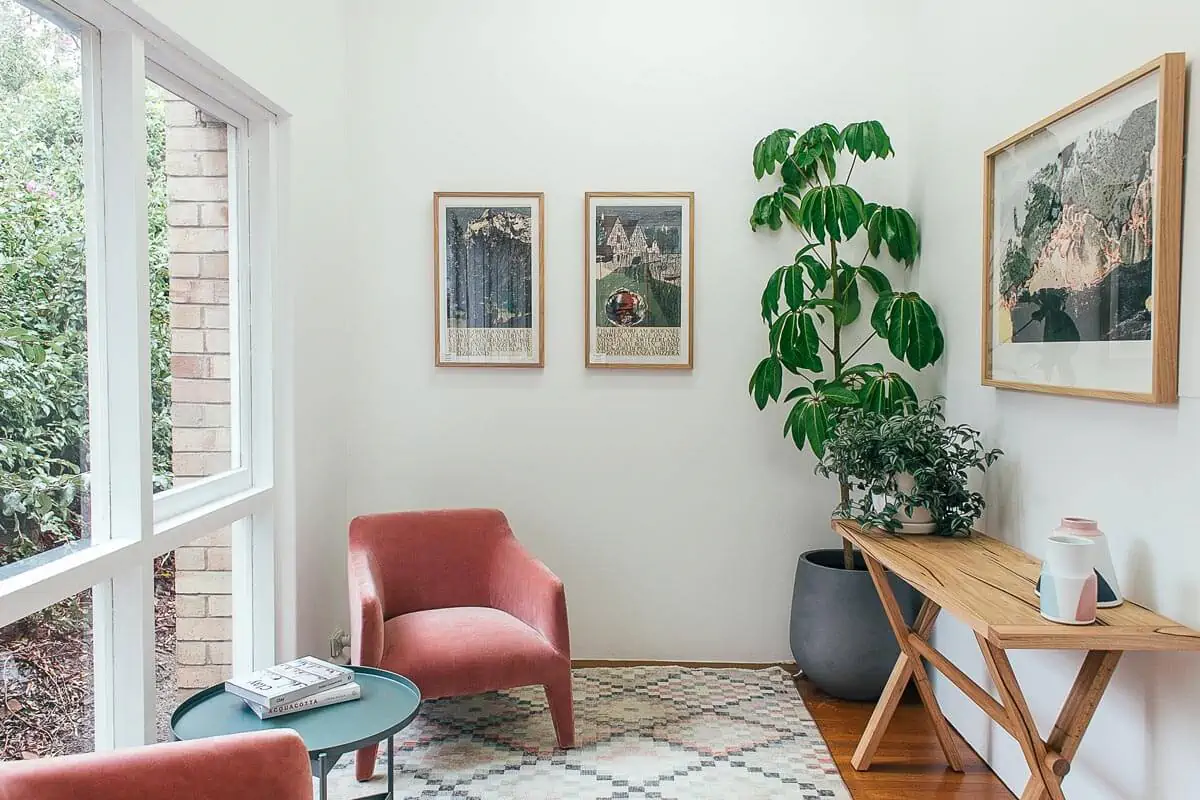 Photo courtesy of Rachel Claire via Pexels
Photo courtesy of Rachel Claire via Pexels
What is the meaning of rent-to-own in the Philippines?
A rent-to-own (RTO) contract in the Philippines is an agreement where you rent and live in a condo property, with the outright intention of buying said property from its current owner at the end of the rental period.
This style of real estate agreement lets you live in the condo of your dreams while you work towards financing a one-time big-time down payment or mortgage for the property. You’re essentially assured of your long-awaited home ownership in the future, while you rent and live on the property today.
This lease-to-own scheme therefore serves as a great way for people to work towards condo ownership, when they have been shut out of the traditional home buying process in the past.
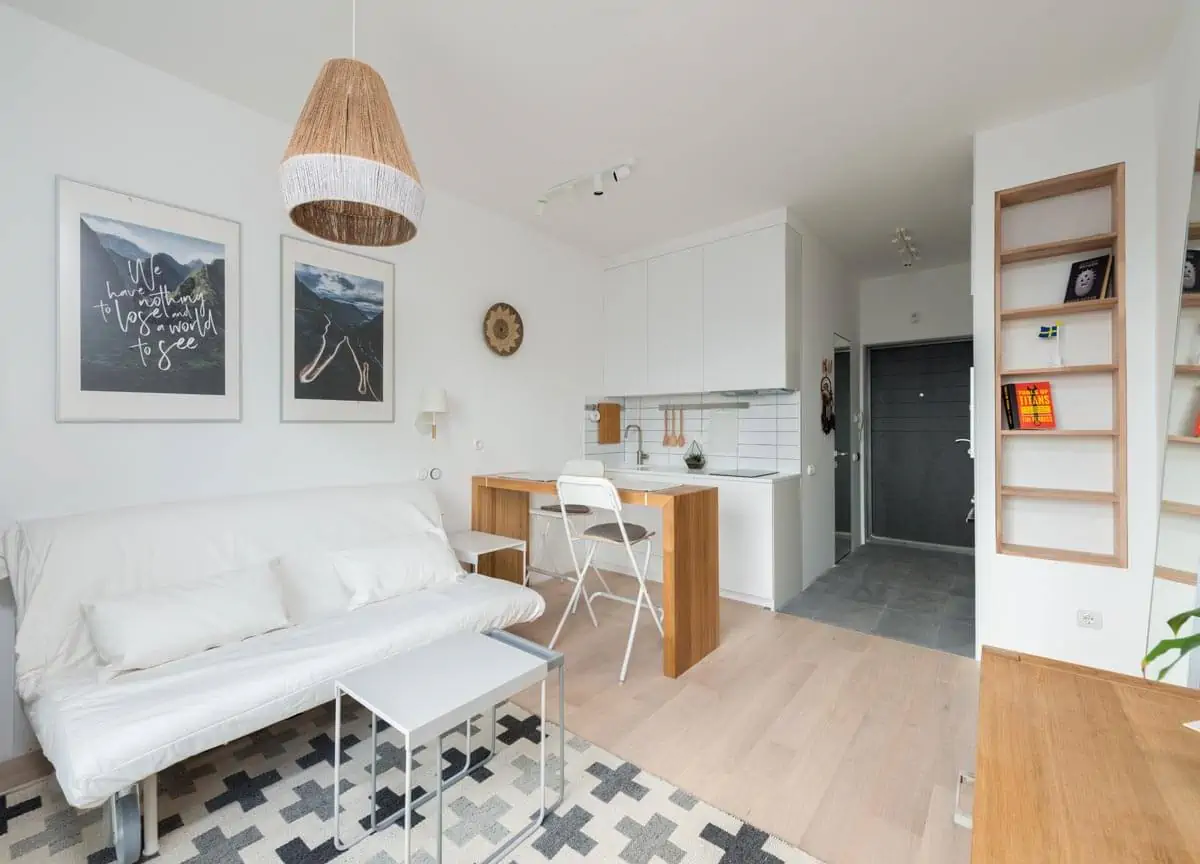 Photo courtesy of Max Vakhtbovych via Pexels
Photo courtesy of Max Vakhtbovych via Pexels
How does rent-to-own work?
In an RTO contract, both the landlord and the renter will agree on things like the monthly rent, purchase date, and sales price for the property prior to the start of the rental period. Both parties can also agree to allocate a percentage of the monthly rent towards the future owner's down payment on the property later on.
All of these financial details and agreements go into your contract, and will take effect while you're living in your future abode. You’ll have to do a lot of investment calculation and coordination when it comes to an RTO contract - but this agreement style is a surefire way to bring yourself a few steps closer to home ownership today.
Learn more about the ins and outs of RTO by reading through the rest of this guide right now,
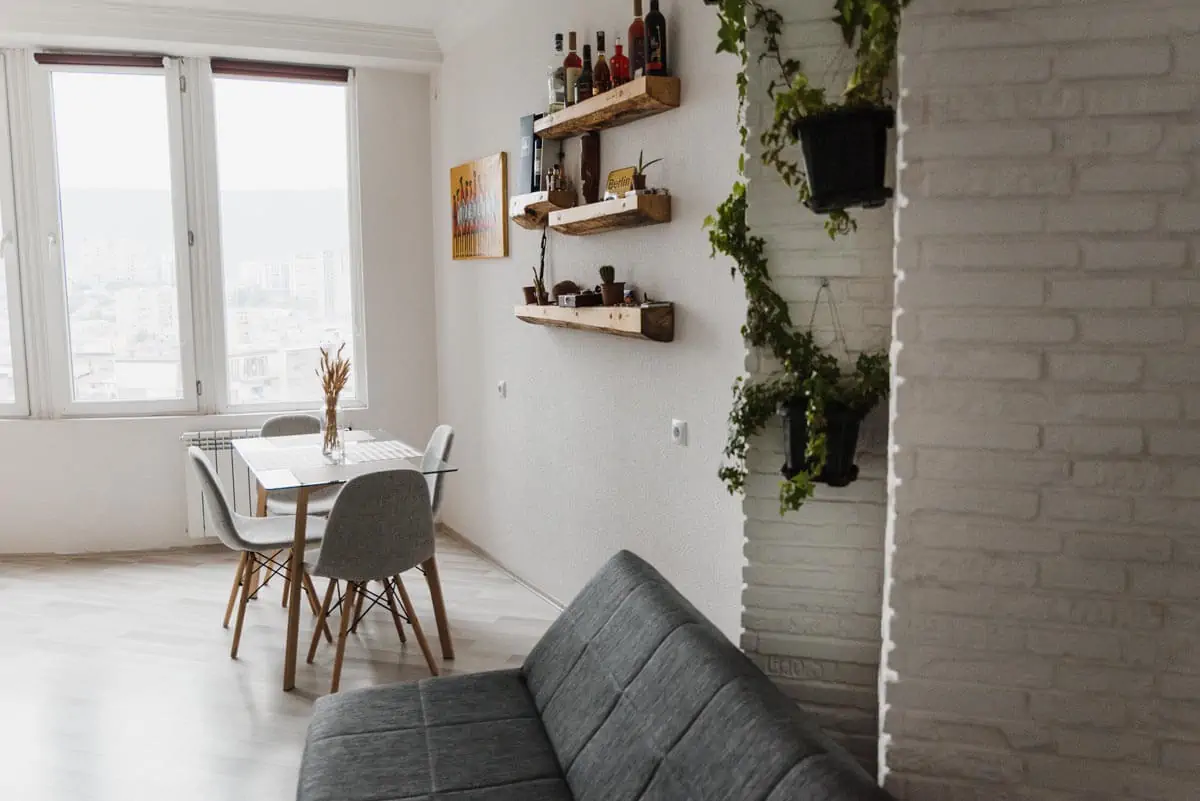 Photo courtesy of Arina Krasnikova via Pexels
Photo courtesy of Arina Krasnikova via Pexels
Lease-option vs. lease-purchase
There are two main types of RTO contracts: lease-option and lease-purchase.
In a lease-option contract you have the right, but not the obligation, to purchase your condo at the end of your lease. This type of agreement works best for people who aren’t sure about their choice to purchase the property, but are interested in pursuing the option in the long run.
In a lease-purchase agreement, you have the right and the obligation to purchase the condo at the end of your lease. It’s for people who are sure about owning a home; they can negotiate specific payment terms and conditions with their landlord to work towards financing the property purchase at the end of their rental period.
Make sure that you know your rights as a tenant and future owner by identifying the type of contract you want to get for your condo property.
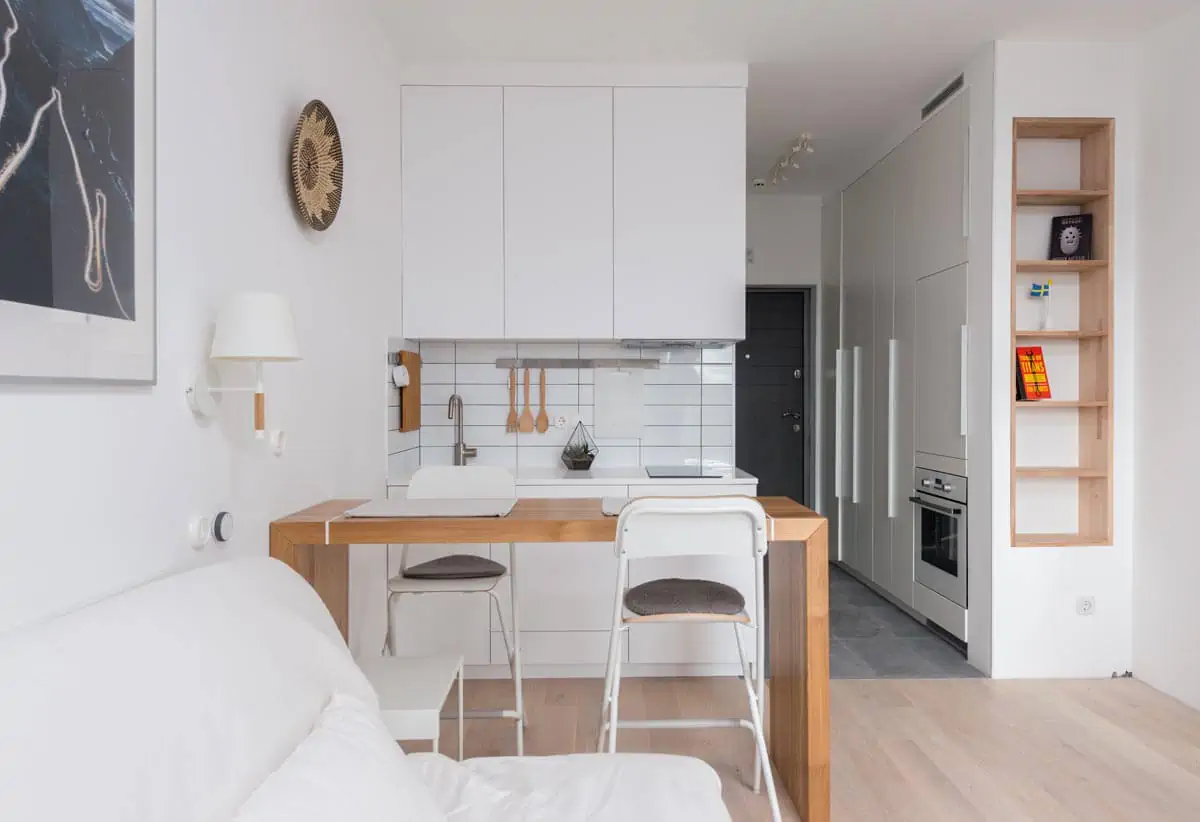 Photo courtesy of Max Vakhtbovych via Pexels
Photo courtesy of Max Vakhtbovych via Pexels
Overview of steps to enter a rent-to-own contract
Now that you have more of an understanding of RTO agreements, you might be interested in pursuing it as a stepping stone for your homeowner dreams. To get started with this exciting opportunity, all you need to do is to follow this overview with your landlord for the RTO contract:
- Determine the contract type. Are you pursuing a lease-option or lease-purchase agreement? In determining a contract type, you’ll be able to lay out the rest of your financial terms and conditions with your landlord and uphold your rights as a renter too.
- Agree on the purchase price. In negotiating an agreement with your landlord, you have to set a purchase price prior to the start of the rental period. Set the purchase price of your condo unit early, and you might end up buying the property for less than its current market value at the end of your lease.
- Finalize the financial terms and conditions. This includes things like your monthly rent, the purchase price for the property, and your purchase date. Once both parties agree to the terms and conditions, you can sign the contract and move into your new condo.
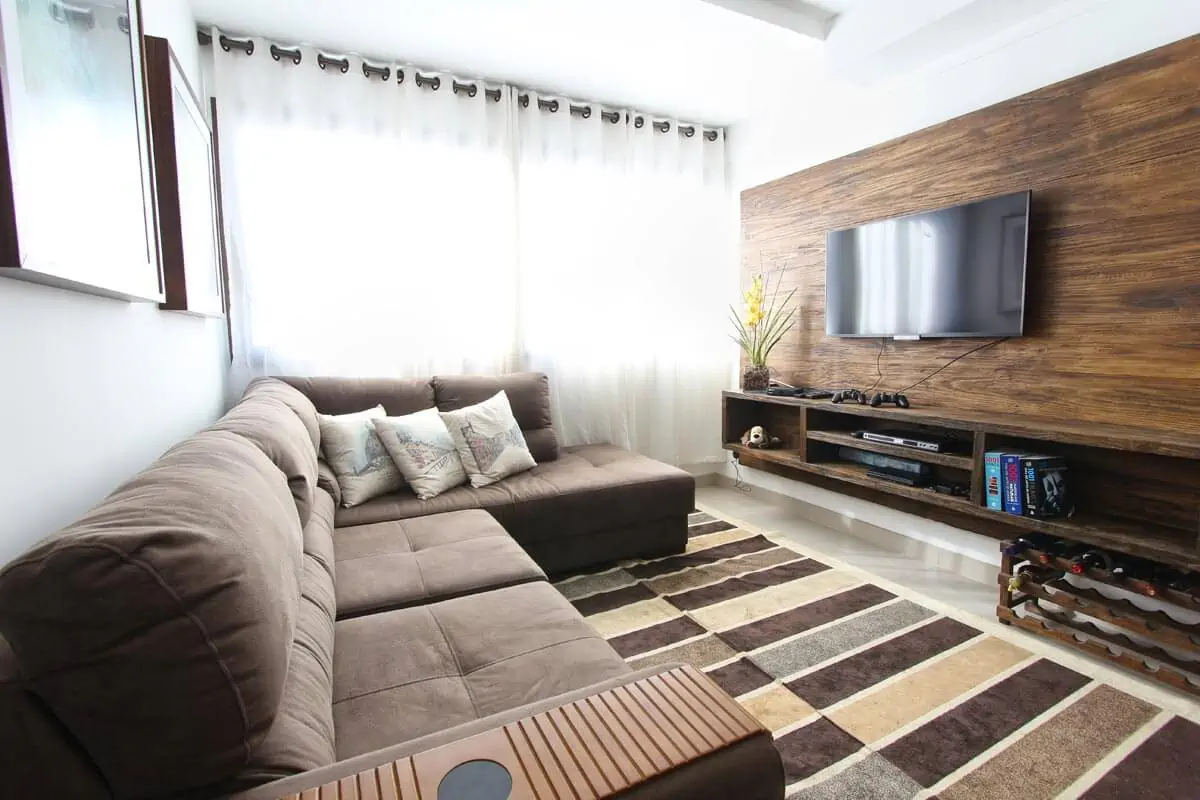 Photo courtesy of Pixabay via Pexels
Photo courtesy of Pixabay via Pexels - Maintain the home. Now that you live in the condo unit and intend to buy it in the near future, you need to make sure the unit itself stays in tip-top shape. Clarify the terms of maintenance for the home with your landlord to see if repairs, inspections, and appraisals fall under your jurisdiction or theirs.
- Buying the property. At the end of your rental period, you get to own the property for real - so make sure to work towards financial stability to be able to complete your side of the bargain. Save up for the purchase price and improve your credit score, so you can take out loans, finance the mortgage, and pay for your future condo on the agreed purchase date.
An RTO contract serves as a concrete stepping stone for you to pursue your dream to be a homeowner today. Given this brief overview of the lease-to-own process, make time for this long-term real estate investment by using the expert tips in the next section.
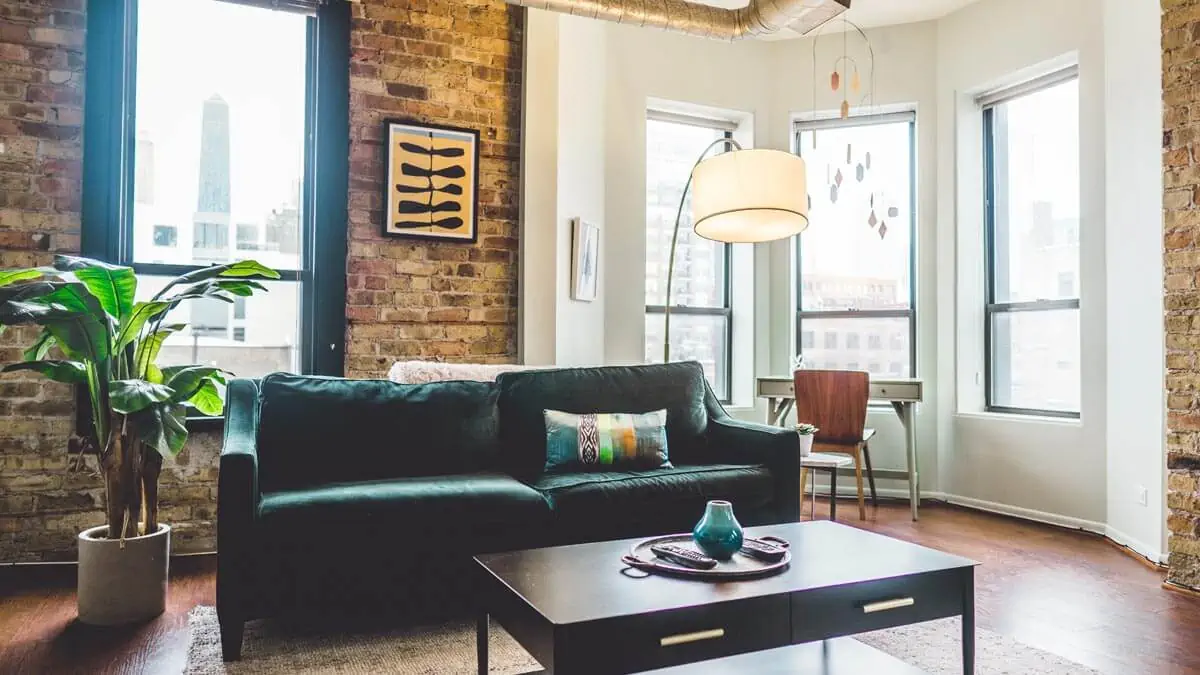 Photo courtesy of Chait Goli via Pexels
Photo courtesy of Chait Goli via Pexels
Tips to remember before signing the contract
Before you jump into the signing stage of this exciting opportunity, remember that you need a lot of forethought and work for the RTO process first. You have to be well-researched and confident in your financial situation so that you can commit to purchasing the property at the end of your lease. So keep these tips in mind as you get started on this lease-to-own journey:
- Study the contract. As you might have guessed, RTO contracts can get pretty complicated with all their financial terms and conditions. You have to take note of your deadlines, fees, and responsibilities, alongside your own commitment to save up for the property purchase at the end of the lease. So take lots of time to sit down and study your contract - it’ll save you from a lot of wasted time and stress in the long run.
- Know and research about the seller. Really get to know your landlord - and eventual seller - to make your RTO experience a positive one. Look into their background and see if they have a good track record in real estate. Ask them for their credit report or title report to see if there are any signs of financial or real estate trouble too. Research your seller before committing to any agreements with them to ensure a positive RTO experience this year.
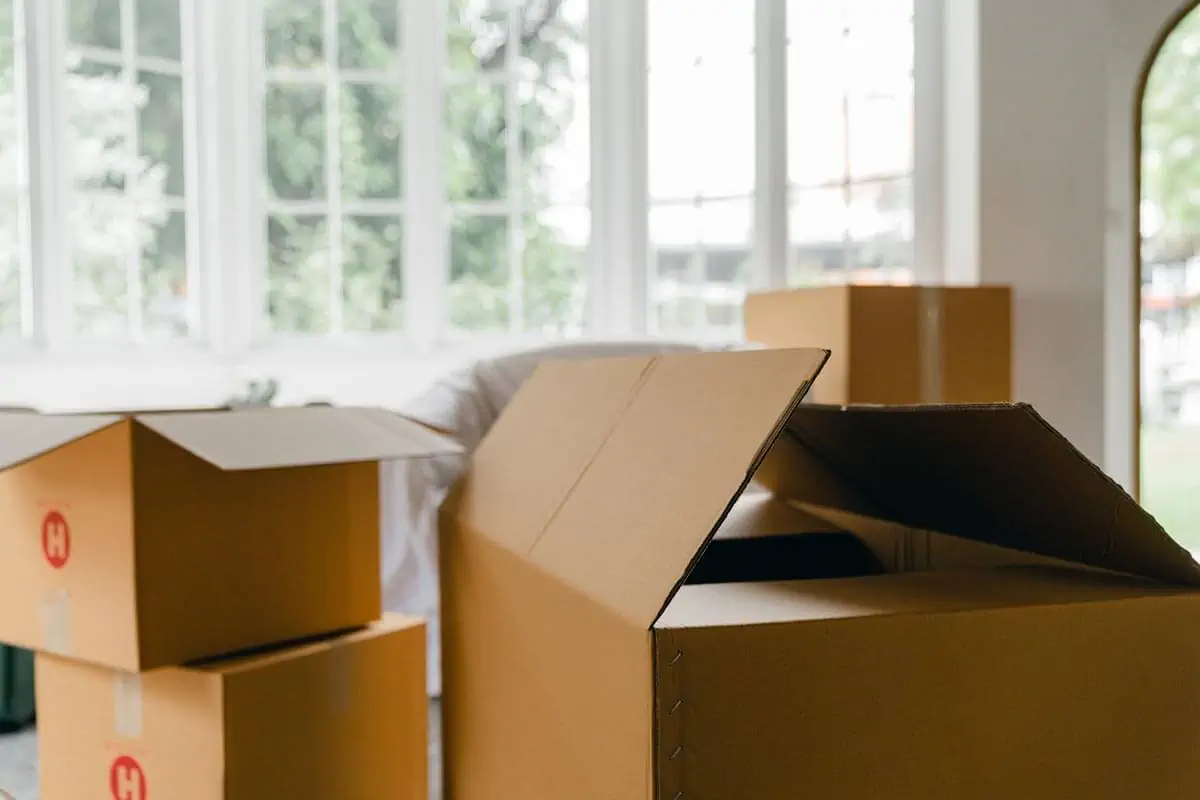 Photo courtesy of Ketut Subiyanto via Pexels
Photo courtesy of Ketut Subiyanto via Pexels - Ask questions about the contract. Remember how thoroughly you studied your contract before? If you have any questions or concerns about it before, during, or after your lease, don’t be afraid to ask about it. You should fully understand the ins and outs of your agreement; this ensures that your rights will be protected throughout your lease and purchase for this long-term investment.
- Research the property. Aside from doing a background check on your seller, remember to do a background check on your property too. You can request an independent appraisal or order a property inspection prior to signing the agreement. This ensures that everything you need to live in your new condo unit with ease today.
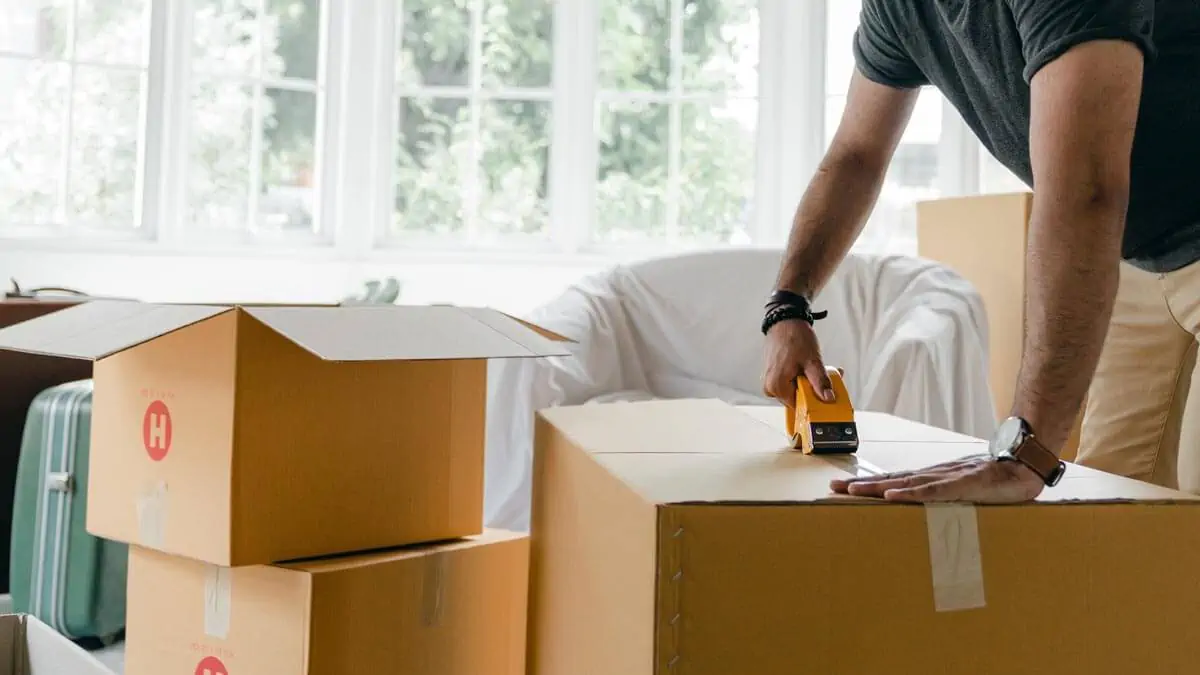 Photo courtesy of Ketut Subiyanto via Pexels
Photo courtesy of Ketut Subiyanto via Pexels - Use the time to improve your credit score. An RTO agreement gives you time to become financially stable while anticipating an incoming property purchase. So plan your time wisely by using the lease period to improve your credit score. A good credit score is a requirement in securing a mortgage for your eventual home purchase. So as you live in your future home, don’t just save up for the impending purchase date - improve your credit score and overall financial situation to ensure the success of your home buying goal.
- Get professional advice. Lastly, remember to get a qualified real estate team to guide you through the ins and outs of your RTO contract. A real estate broker can connect you with sellers and structure the terms of your deal. An attorney, on the other hand, can explain legal documents to you in detail and protect your rights as a tenant. With expert advice, you can get through your RTO with ease and secure the home of your dreams today.
If you’ve had trouble with the traditional home buying process in the past, then an RTO contract might be the next best thing for you. As you take this real estate process into consideration, learn more about the fees you’ll need to pay throughout your agreement in the next section.
 Photo courtesy of Andrea Piacquadio via Pexels
Photo courtesy of Andrea Piacquadio via Pexels
Rent-to-own fees you need to know
Worried about the potential fees and payments involved in a RTO contract? There’s no need to fear; here are the condo fees you should know about as a tenant before you sign your lease-to-own agreement today.
- Reservation or registration fee. This fee usually includes things like your initial deposit or your initial reservation cost for a lease-purchase property.
- Down payment. While this will be stipulated in your contract, you’ll likely have to pay a 10–30% down payment for the property purchase itself, throughout the course of your lease. This down payment can be spread out over several months with interest, depending on your agreement with the seller.
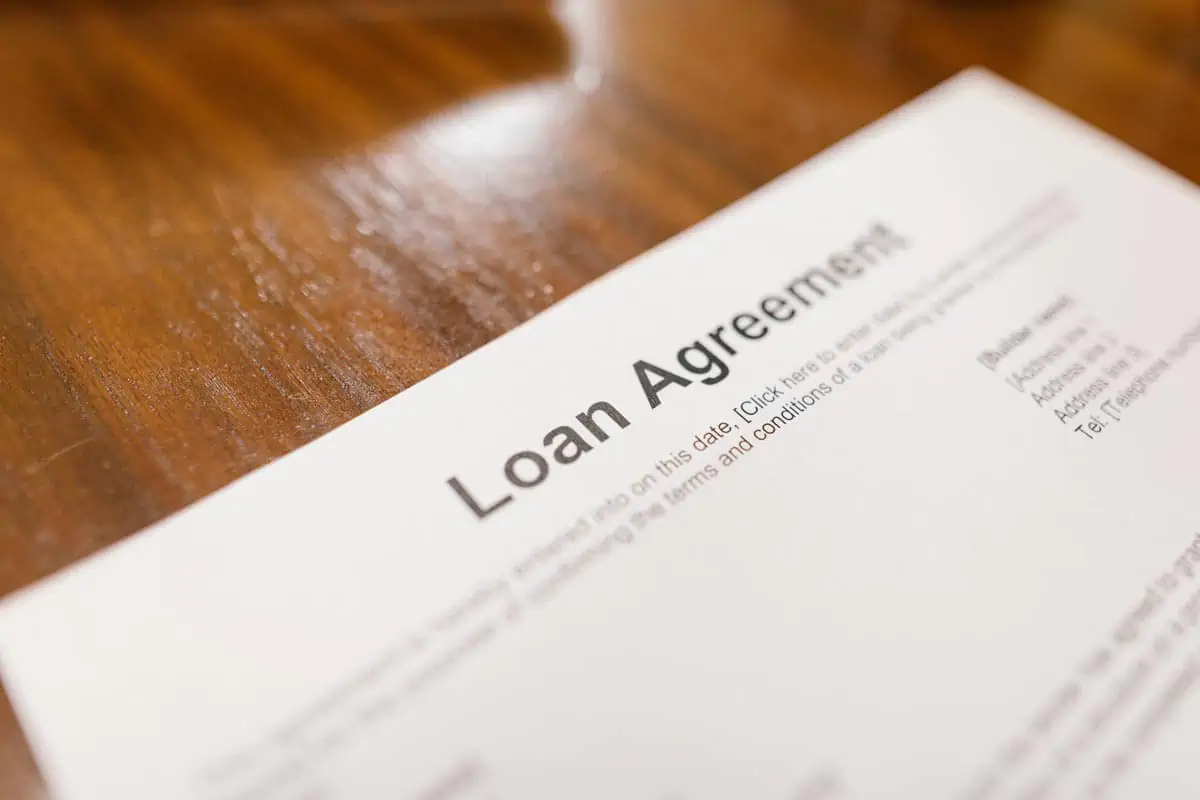 Photo courtesy of RODNAE Productions via Pexels
Photo courtesy of RODNAE Productions via Pexels - Rent. This is the basic monthly fee for any renter. Clarify with your landlord if this rent already includes taxes, insurance, maintenance, repairs, or association dues - if your rent doesn’t include these things, you’ll have to pay for them on top of your rent as well.
- Association dues. These refer to the fees that tenants pay in order to contribute to upkeep of your condominium building. The home association of a condominium usually takes charge in supporting the maintenance, utilities, and security of the whole building, so this fee should be included in your rent as well.
- Real property taxes. Given that you’re investing in local real estate, you’re now liable to pay real property taxes in accordance with Philippine law. These should be paid annually, and should be stipulated in your agreement if your landlord wants you to pay for them.
 Photo courtesy of Alena Darmel via Pexels
Photo courtesy of Alena Darmel via Pexels - Maintenance. This should be an important part of your condo budgeting checklist, whether you own the property yet or not. Account for general maintenance costs and ensure the upkeep of your unit, to prevent the need for major repair expenses in the long run.
- Repairs. This usually refers to the fees you pay for bigger maintenance procedures, like plumbing, renovation, remodeling, and the like. While you will want to avoid unnecessary repairs expenses, you’ll still need to account for it in case of any emergencies in the future.
- Parking. This is a fee that you might not consider important, but if you’re a car owner as well as a homeowner, you’ll understand the need to account for this expense. Most condominiums only allot room for tenants who own units onsite, so check with your landlord to see if you have a parking spot allocated or if you need to pay extra for it instead.
You’ll admittedly have to do a lot of financial planning and coordination if you pursue a RTO contract. But as long as you commit yourself to the success of this agreement, you’ll get to secure the condo unit of your dreams and become a homeowner as early as next year.
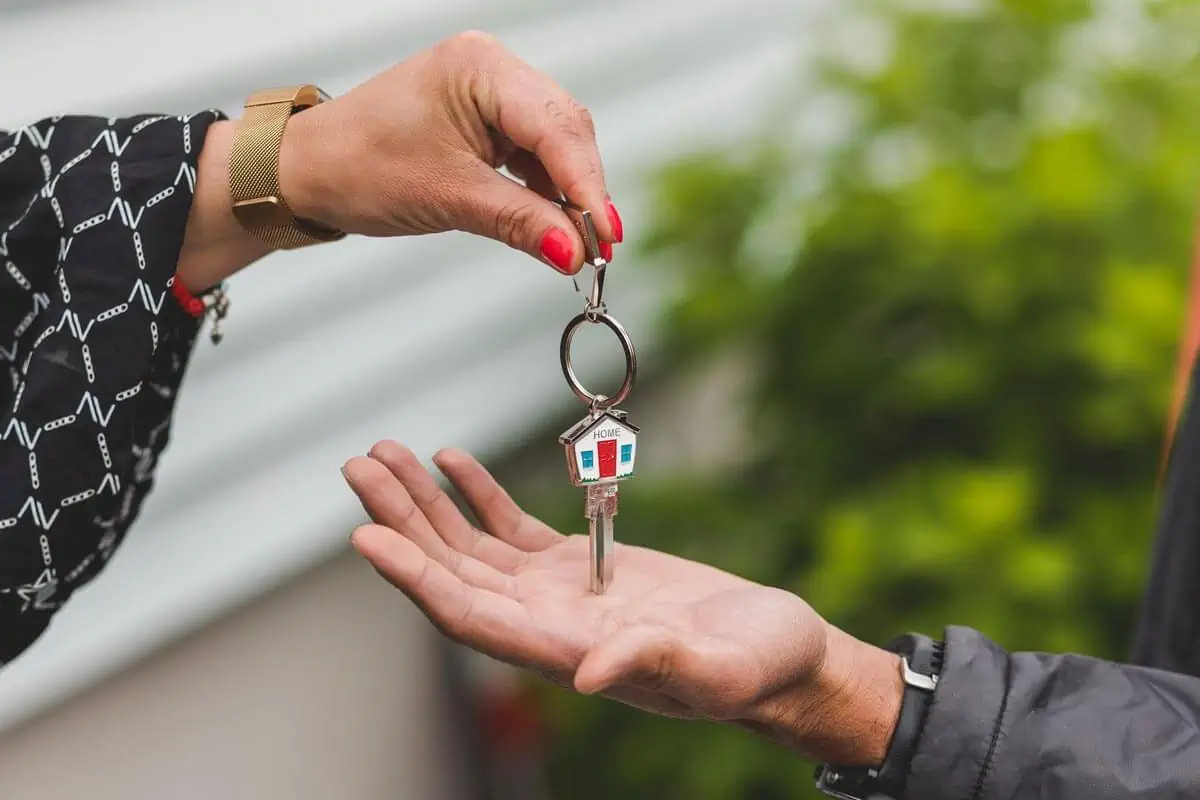 Photo courtesy of RODNAE Productions via Pexels
Photo courtesy of RODNAE Productions via Pexels
Final considerations for your lease-to-own contract
Now that you’re finally considering a lease-to-own contract for your future home, always remember that these contracts vary significantly per seller and renter. The differences will show up in the minutiae of your agreement, so remember to research it well and to study the fine print of every contract.
Practice due diligence in all aspects of your RTO agreement. Next thing you know, you’ll be settled into your dream property with the best condo properties in the Philippines today.
 Photo courtesy of Thirdman via Pexels
Photo courtesy of Thirdman via Pexels
Key takeaways
Ready to take the leap with this lease-to-own journey? Bring these key takeaways with you as you pursue this path towards homeownership this year:
- Communicate clearly with your landlord. This clear communication will be the key to a successful RTO contract, and will ensure that both parties are satisfied with the agreement throughout the leasing and purchasing process.
- Use the lease period to work towards financial stability. If you plan on committing to a big financial step like a real estate investment, use the time to improve your financial stability overall. This includes saving up for future expenses and improving your credit score so that you can secure a mortgage for your future condo.
- Gather an expert team. Remember: you’re committing to a RTO contract to get closer to your homeowner dreams. Gather a team of real estate experts so that you can explore every opportunity possible, and find the perfect home for yourself today.
Become a happy homeowner today when you invest in real estate with DMCI Homes Leasing. Get in touch with our property management professionals and stay updated on our options via our social media accounts: Facebook, Twitter, Instagram, and YouTube.


